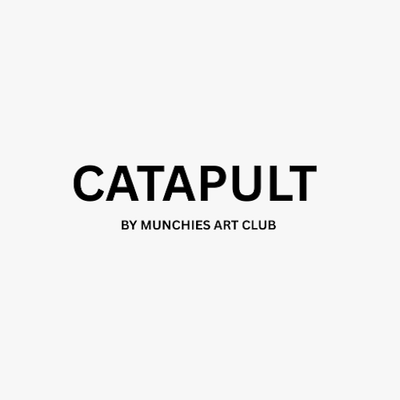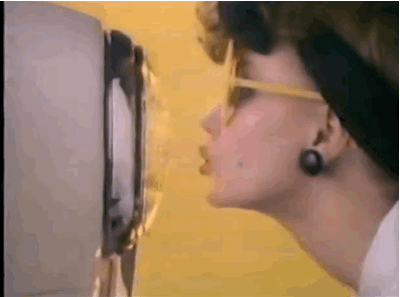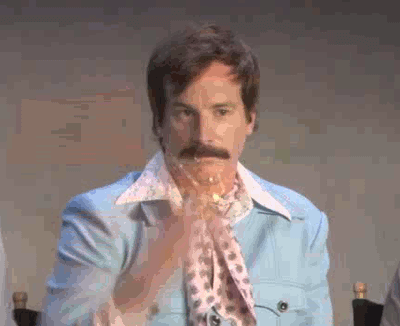Why Are You on Instagram as an Artist? An Honest, Realistic Look for Artists!
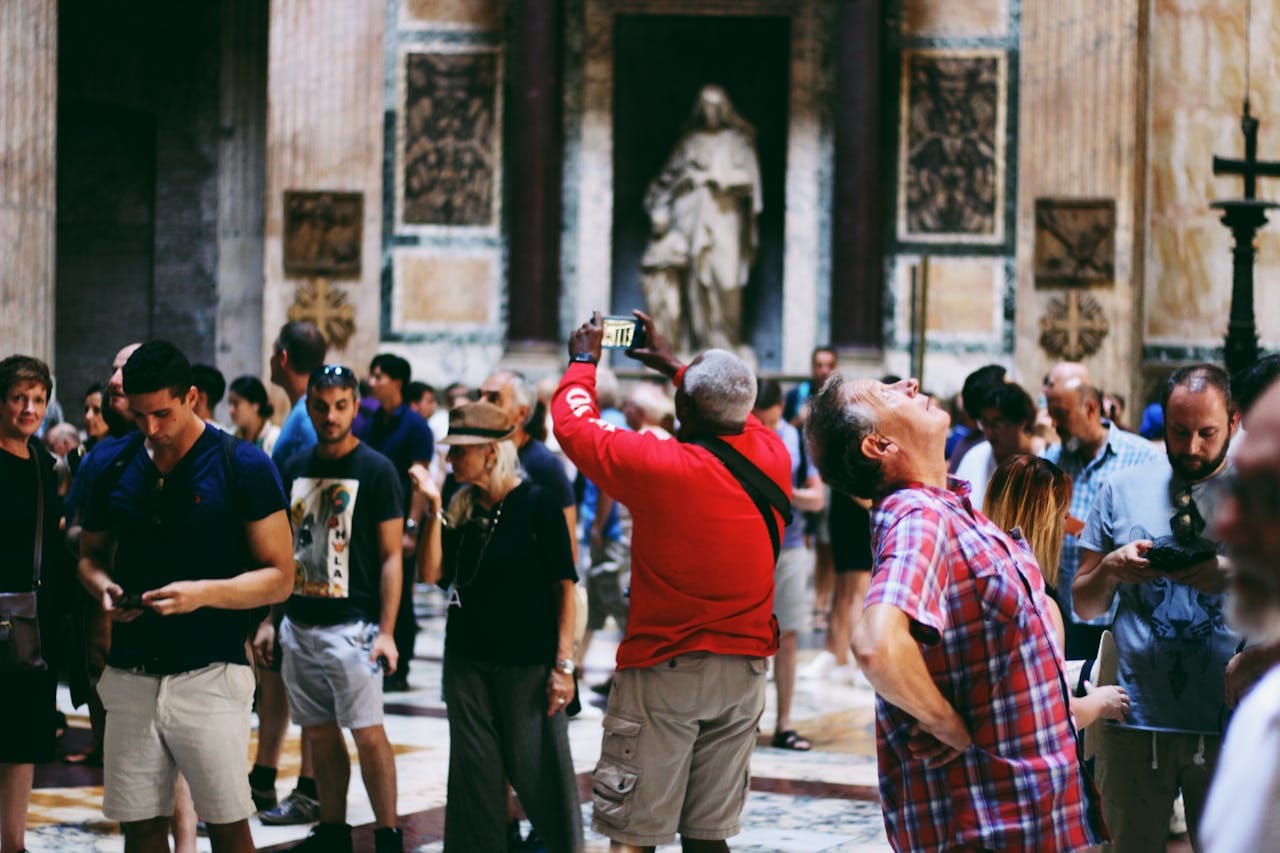
Fit your artistic output into the attention economy: Instagram or ad-driven apps?
Instagram is not your gallery, and it was never built for artists.
For creatives, it may look like a stage, but in truth it is a marketplace where you act as an unpaid creator. Your work keeps users on the app, but the value flows to Meta, not to you.
So ask yourself: are you the kind of artist willing to transform your vision into free content for a platform that runs on ad revenue? Instagram is a $71 billion advertising business that survives on one thing: your time.
Every scroll, every like, every pause in your feed is a unit of attention sold to advertisers.
If you wait for discovery by posting into the void, you confuse the product with the promise. The hidden promise is global reach, a chance to be seen, maybe even discovered. But for 99% of artists, this promise never arrives. Instagram owes you nothing.
Munchies Art Club thought: clarity begins with ownership. Ask where your time flows into Instagram’s profit or into building structures you control, sustainability, and visibility for all audiences..
Independent art writing. All free. Support if you can.
Why are you on Instagram as an artist?
Be honest, and your answer might be, “But everyone is on Instagram!”
The common argument is simple: collectors, galleries, curators, and artists are all there. The platform feels like the global town square of contemporary art.
If everyone is on Instagram, how can you afford not to be?
Munchies Art Club thought: yes, be there, but treat it as a meeting point, not your home. Use Instagram to signal presence, then redirect that attention to where sustainability lives: your website, your archive, your mailing list, your studio visits. The feed is the entry, not the house.
Instagram is a Business, Not a Dream Machine
In 2024, Instagram generated more than $71 billion in ad revenue (StatsUp). That number explains everything. The platform’s first obligation is not to you, but to advertisers.
So why are you still there? Because 'everyone else is'? That's not a strategy. That's herd mentality. You're creating free content for a $71 billion machine and calling it your art career.
Artists and creatives (let’s be honest: everyone) provide free content to keep the machine running, while the real customers are brands that pay for visibility.
The more time you spend, the more you scroll, the more ads they can show. Your paintings, videos, or installations are just one fragment of this endless stream.
Munchies Art Club thought: document your practice on your own ground. A website updated as often as your feed builds long-term authority that no platform shift can erase.
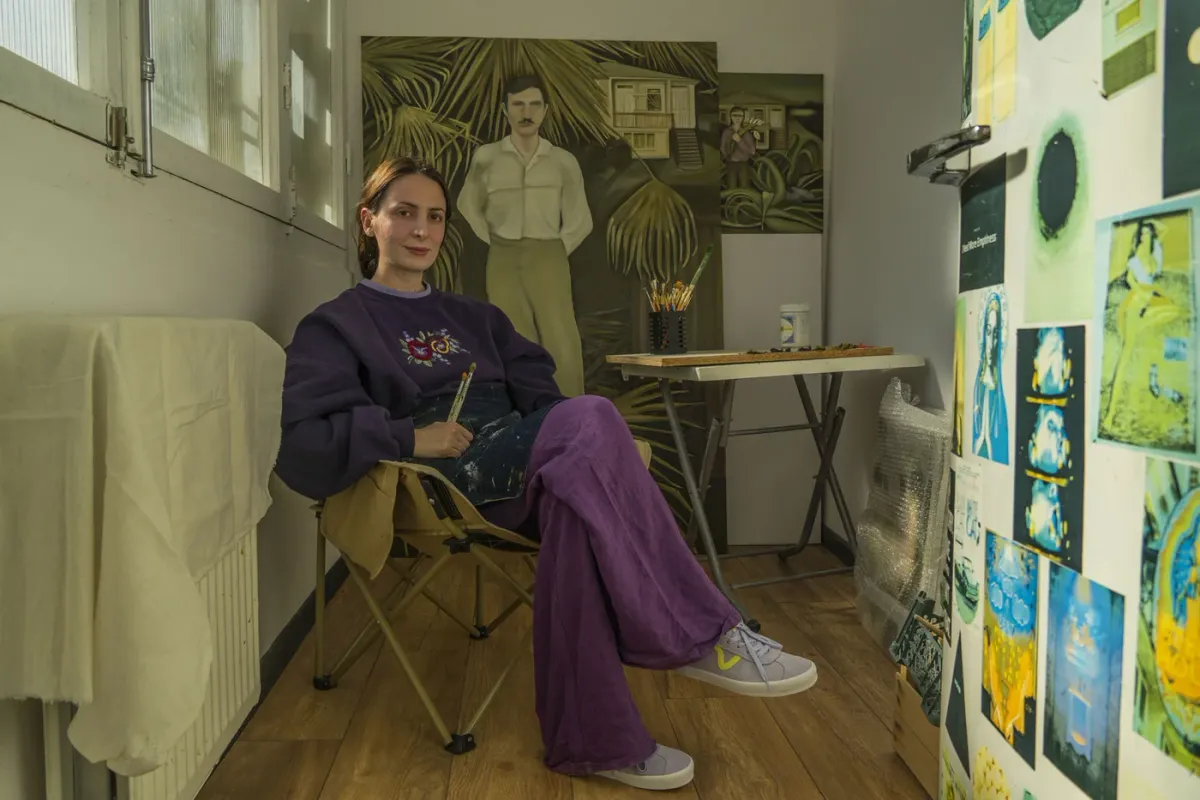
Mariam Akubardia from Georgia paints night Rooms for unfinished Goodbyes
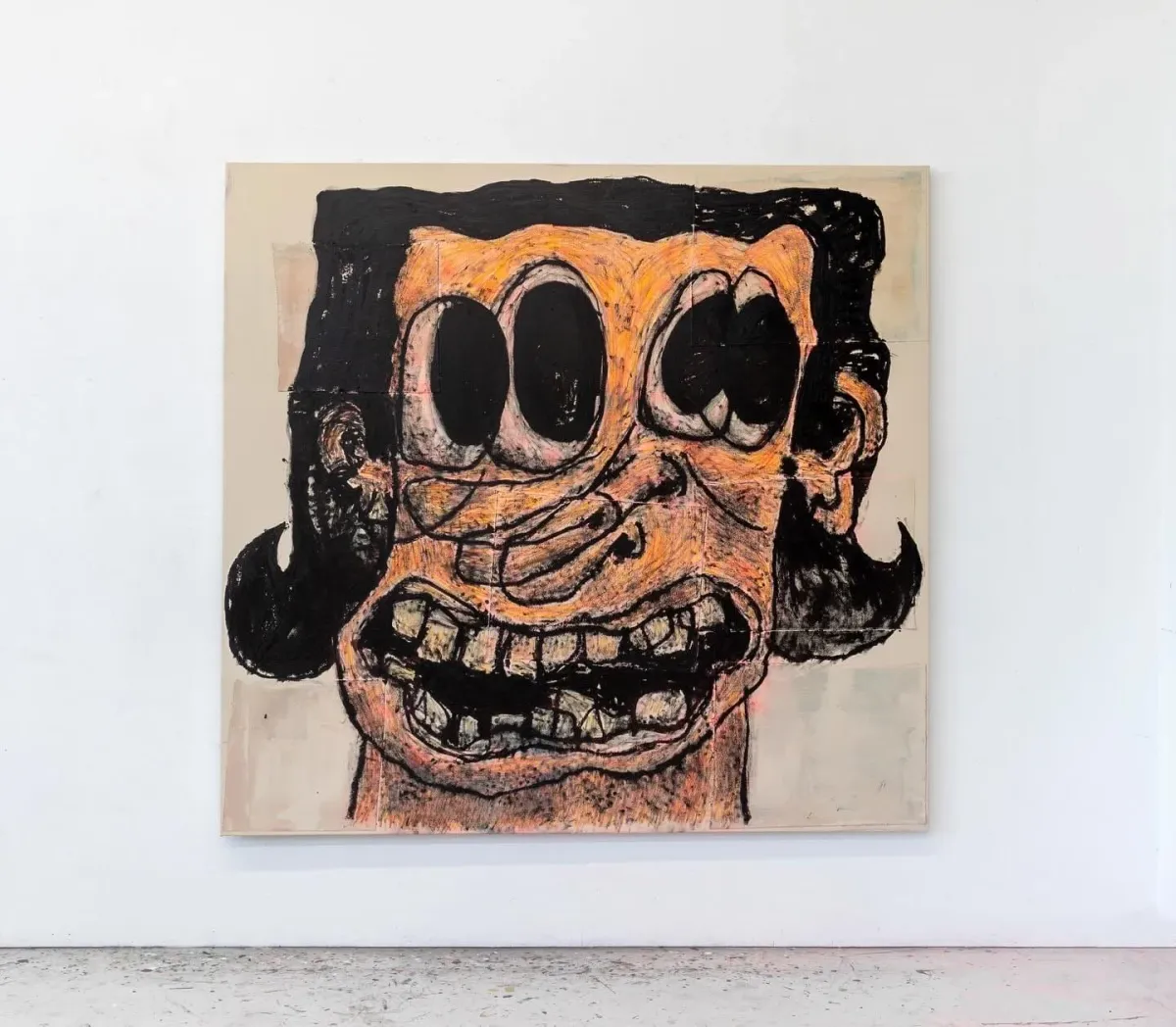
Last Werks Radar 10
Organic Reach Is Gone
The age of effortless reach is over.
Even large accounts with hundreds of thousands of followers rarely break 7% engagement on Reels, the format Instagram pushes hardest.
A post without promotion will vanish within hours.
Pay-to-play is the new reality. Small boosts may feel powerful for a day, but when the budget ends, the curtain falls.
Read that again: even accounts with 100k+ followers get 7% reach. If you have 2,000 followers, maybe 140 people see your post. And you spent three hours on it. Is that sustainable?
Quick note: the new shift is that content also lands on Google results and can appear there for art enthusiasts. That is worth attention, but still not a strategy by itself.
Munchies Art Club thought: invest parallel energy into SEO, newsletters, and mailing lists. Unlike Reels, they grow visibility over years, not hours.
Followers Don’t Equal Income
A big following looks good on a CV, but it does not pay the rent. Thousands of followers may never translate into sales or recognition.
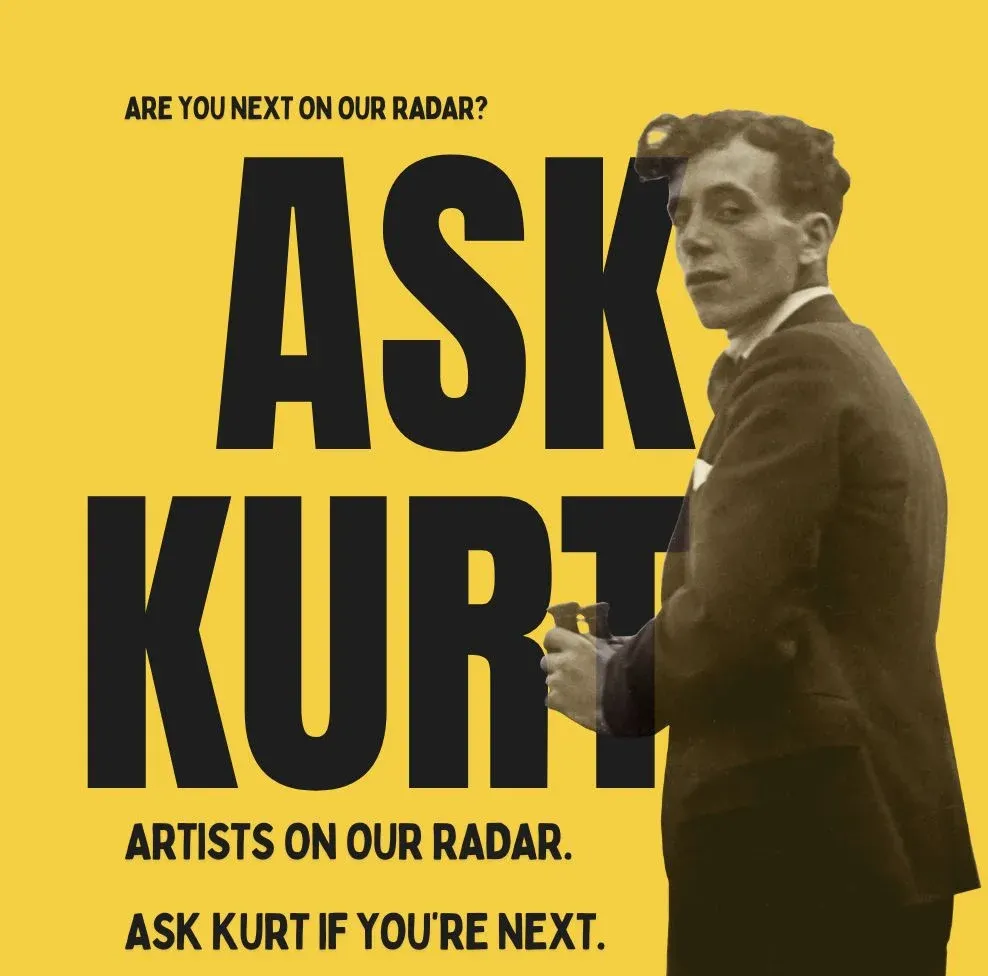
Ask Kurt Join our Circle and work together
Artists who turn visibility into sustainability combine content with real business strategies: outreach, collaborations, newsletters, exhibitions that connect to communities beyond the app.
Even so, numbers can play a role, having 15k followers when your gallery has 4k is an asset in negotiation.
Munchies Art Club thought: shift some focus from vanity metrics to real networks. Direct relationships with collectors, curators, or institutions create leverage Instagram cannot measure.
Instagram Thrives on Momentum
The lifespan of a post is brutally short. It lives, it spikes, it disappears. Instagram thrives on fresh activity, not depth.
The question is whether your practice can survive that rhythm.
Can your art be reduced to a daily reel without losing meaning?
Munchies Art Club thought: longevity means parallel archives. Use your site, mailing lists, catalogues, or Substack as slow platforms, while Instagram remains your fast one.
You Are the Product
Ask yourself how you use Instagram. Do you mainly see art, or do you scroll weddings, memes, cooking hacks? The algorithm feeds you what keeps you hooked, not what builds cultural value.
Jack Dorsey, founder of Twitter, on behavior and social media: if it’s free, you’re the product.
It prioritizes engagement, recency, relationships, and content type (sources: Enrich Labs, Hootsuite, Buffer). So why should it treat your art differently?
Only posting paintings does not train the machine to value your work. The feed is not a meritocracy. It is an attention economy.
A Final Note on Data Ownership and Privacy
Beyond the attention economy lies a deeper risk: by relying heavily on centralized platforms like Instagram, artists surrender control over both their content and personal data.
This not only limits your creative autonomy but also exposes your work to sudden policy shifts, algorithm changes, or even platform shutdowns.
When your art becomes part of a corporate data ecosystem, your ownership, and ultimately your artistic identity can be compromised.
Building and prioritizing your own channels, such as your website, mailing lists, and archival systems, is crucial not only for sustainability but for safeguarding your work and your voice over the long term.
Munchies Art Club thought: train your own algorithm. Build habits that direct energy into writing, image archives, or personal research. Those inputs last longer than the swipe.
Stop Blaming the Algorithm
It is easy to curse the algorithm. The truth is harder: talent and authenticity are not enough. The artists who succeed treat Instagram as part of their job. They mix storytelling with ads, schedule posts with precision, and craft reels that speak the platform’s language.
But let's be honest: most artists reading this won't do that work. You'll read this article, nod, think 'I should try that,' and then go back to posting the same way you always have. Why? Because treating Instagram like a job means:
- 2-3 hours daily on the platform
- €500-2000/month on ads
- Creating content you might hate (reels, trends, clickbait captions)
- Testing, measuring, adapting for months with no guarantee
Are you willing to do that? Really? Or do you just want to post your work and hope someone notices?
Yes, Some Artists Are Winning
There are artists who hacked the platform, reshaping their practice into daily content.
They merge creativity with marketing and adapt constantly. But most do not spend heavily on ads, and Instagram rewards big spenders.
Munchies Art Club thought: the more sustainable winners are often those who link Instagram to other channels. A press feature, an online magazine, or a curatorial collaboration extends your reach beyond the feed.
The Hard Truth: Instagram is Work
Posting daily, tracking engagement, running ads, interacting with audiences, this is not inspiration, it is labor.
Even with a clear ROI strategy it can feel mechanical. Editing reels, picking the right font, timing the first five seconds to signal relevance, this is not authentic creation for everyone, but it is the logic of the platform.
Those who succeed treat Instagram as one channel in a larger ecosystem, never as the only hope.
Munchies Art Club thought: if you spend three hours editing reels, balance it with three hours archiving, pitching, or updating your site. The mix defines sustainability, not the reel alone.
Final Thought: Face Reality, Adapt, and Thrive
If you are waiting to be discovered, you are dreaming.
If you are willing to treat Instagram as a tool, you can build momentum, connect strategically, and push your practice forward.
It is not about authenticity alone, and it is not about magic. It is about accepting the platform for what it is: a massive business that feeds on attention.
Once you see that clearly, you can decide how much of your energy belongs there, and how much is better invested elsewhere.
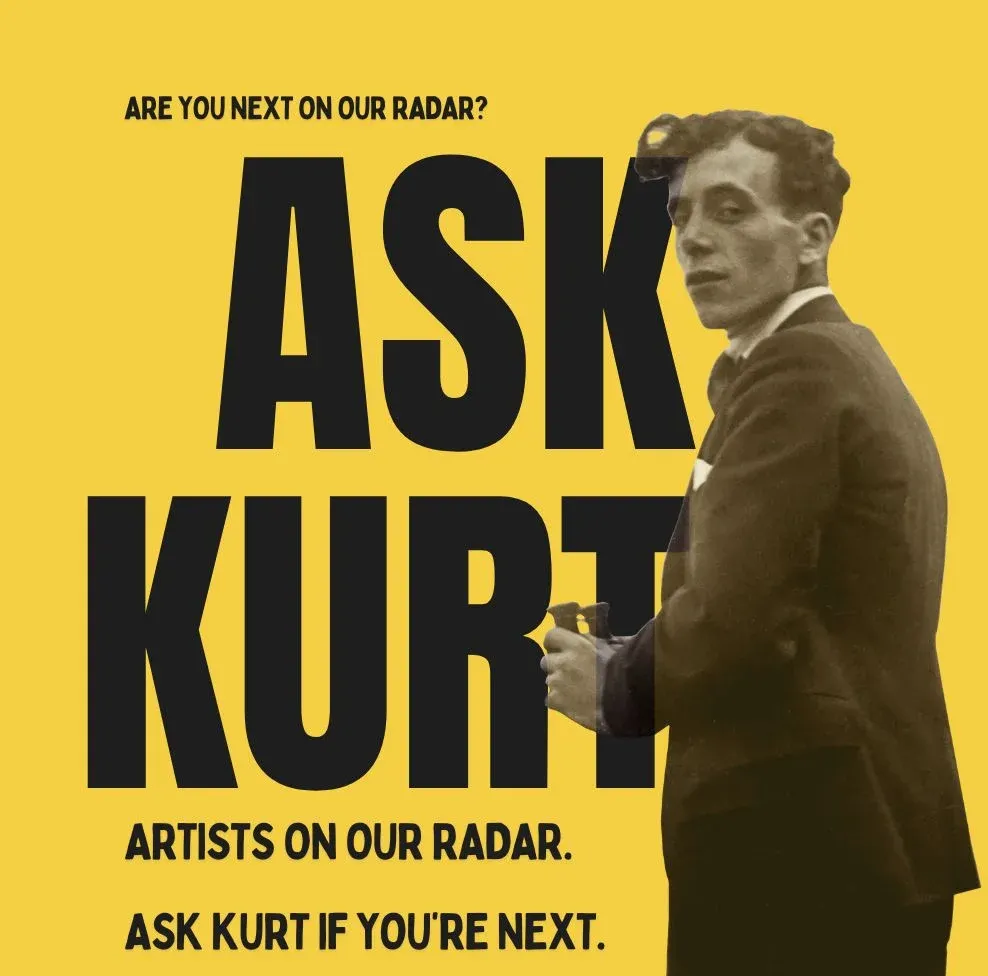
Our Way to highlight your work. Work with us!
Munchies Art Club thought: strategy is balance. Let Instagram amplify, but let your ecosystem sustain. The second feeds the first, never the other way around.
The uncomfortable truth we've learned after featuring 500+ artists: the ones who built real careers weren't waiting for Instagram to save them. They were reaching out to galleries, building collector relationships, and treating their practice like a business. Instagram was just one tool in their system, not the whole strategy.
Most artists won't hear this. They'll keep posting into the void and wondering why nothing changes. But if you're reading this and feeling uncomfortable - good. That discomfort means you're ready to stop hoping and start building.
After Years to build momentum for Artists with Catapult Munchies Art Club we share our view , with hard facts, to our growing audience do understand how it works, your benefits from social media use as an artist and of Course how to rethink your strategy to integrate your hard work natively without selling your soul!
This is independent art writing - no paywall, no ads, no bullshit.
If you value this voice, support it.
Upcoming:
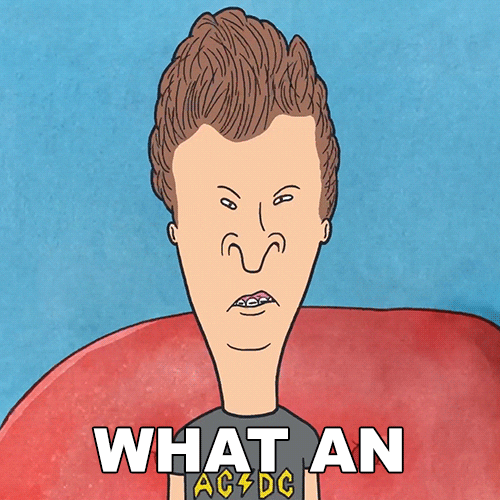
Dominique Lost in Translation : First Monday Bitch
See what we’ve written lately:
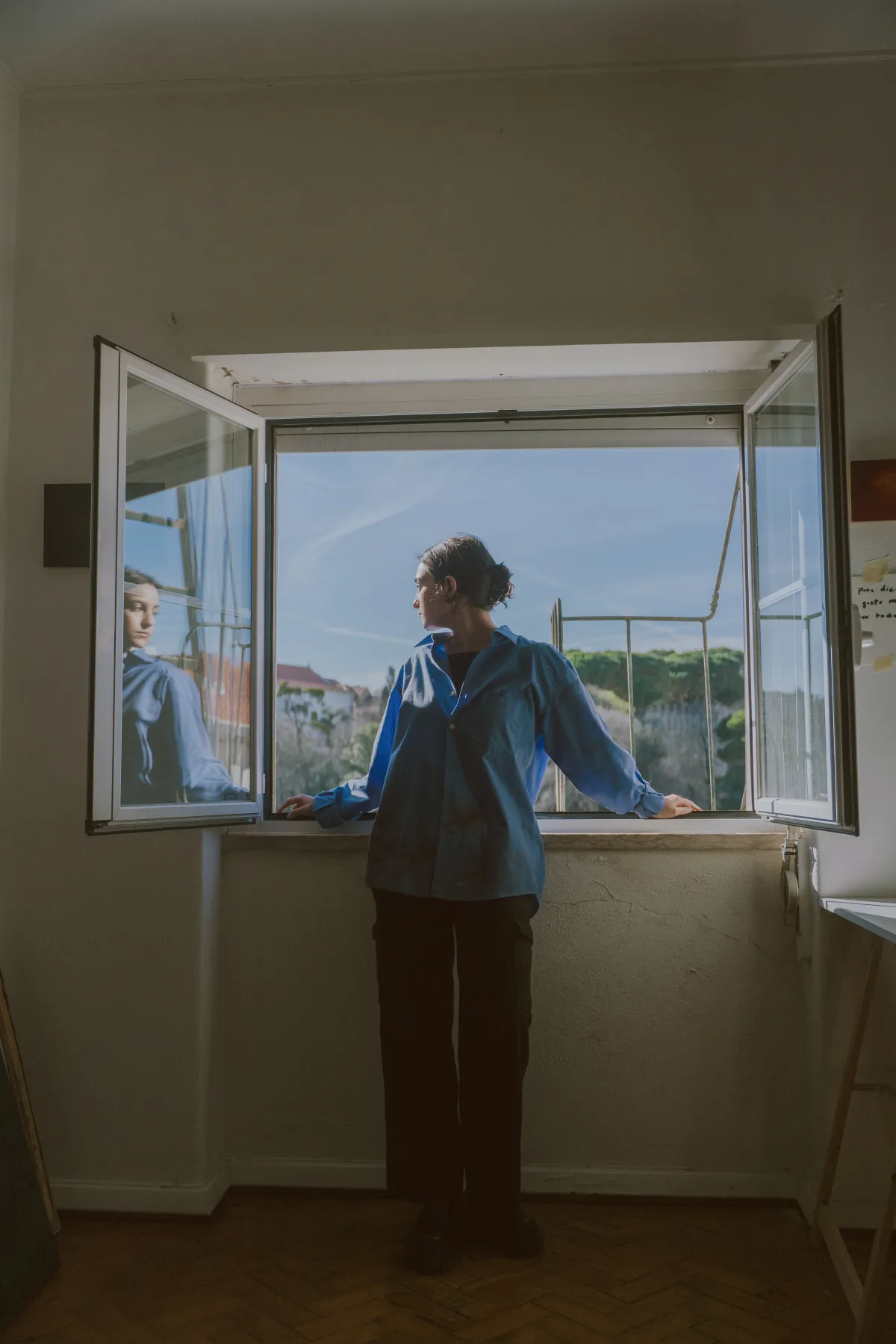
Maria Luz - Portuguese artist
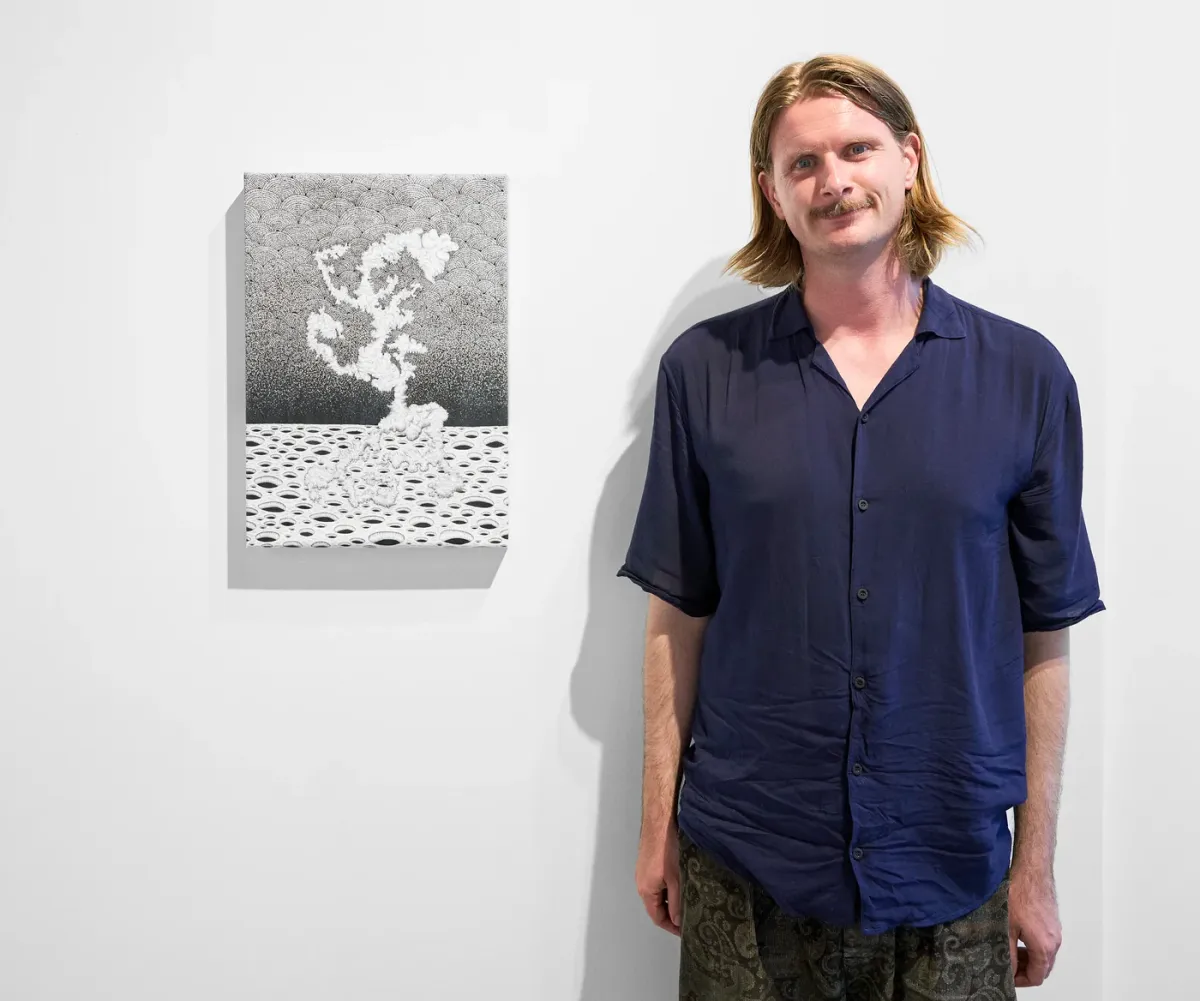
Stefan Bakmand - Danish Artist
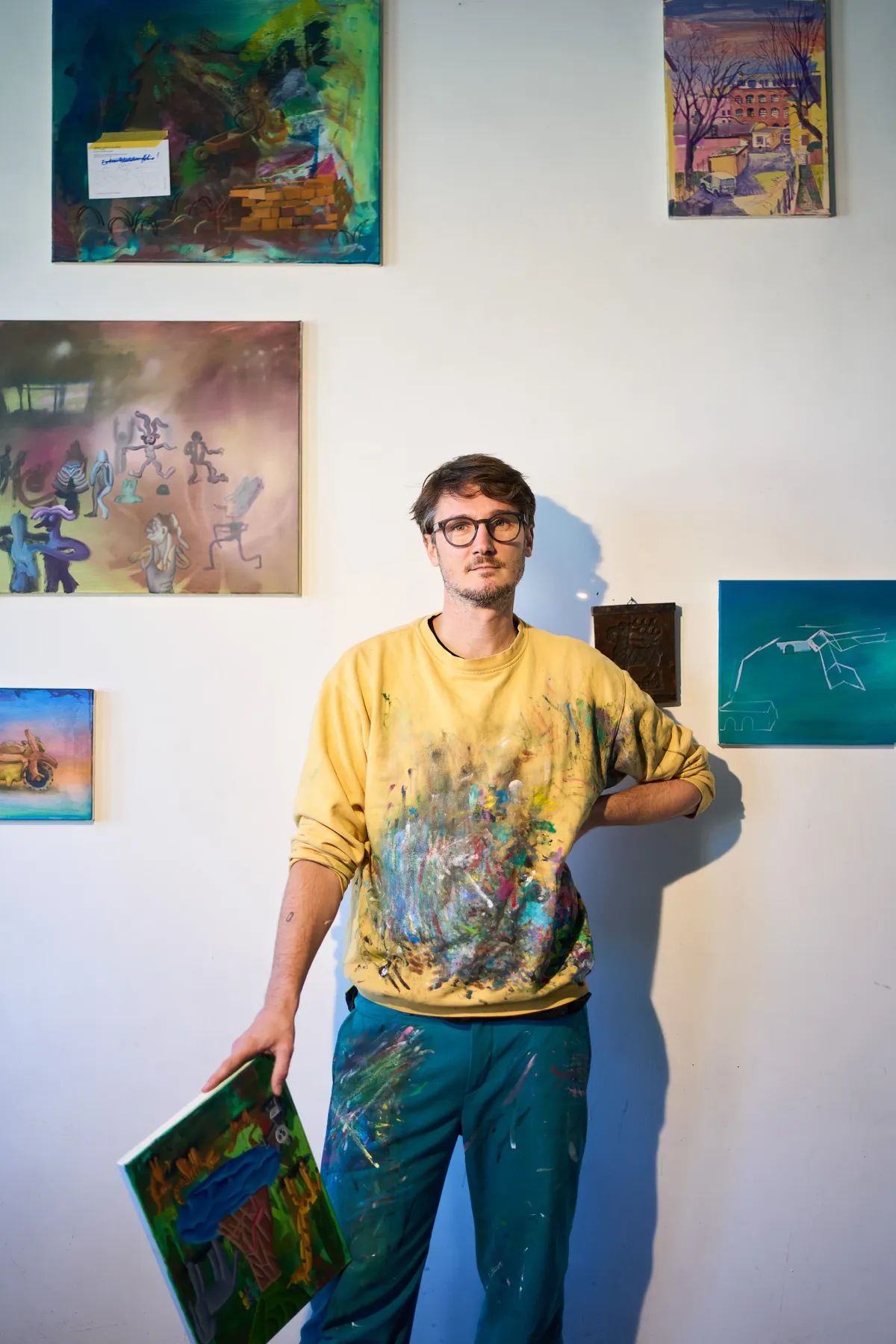
Martin Schuster
No spam, no sharing to third party. Only you and me.
